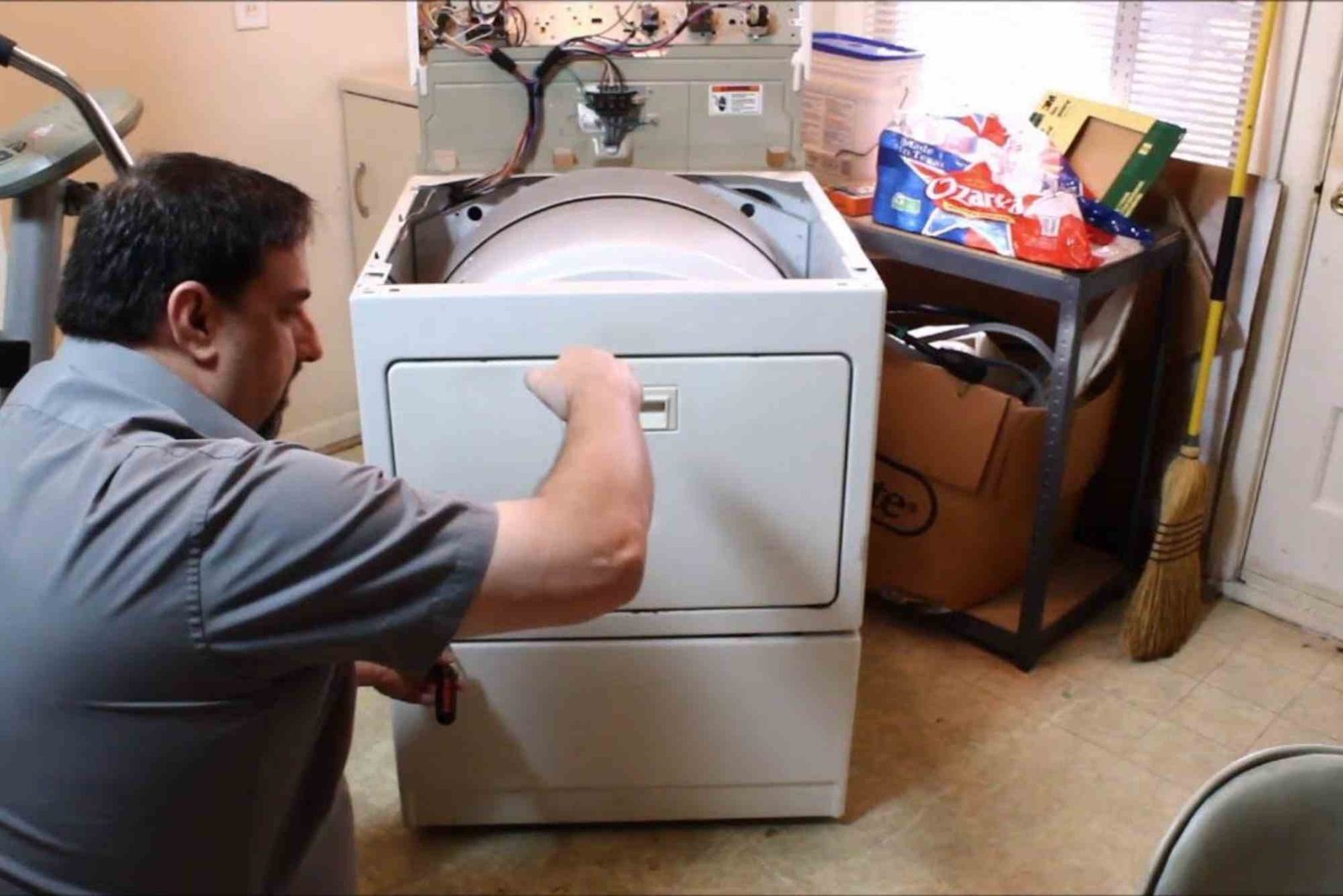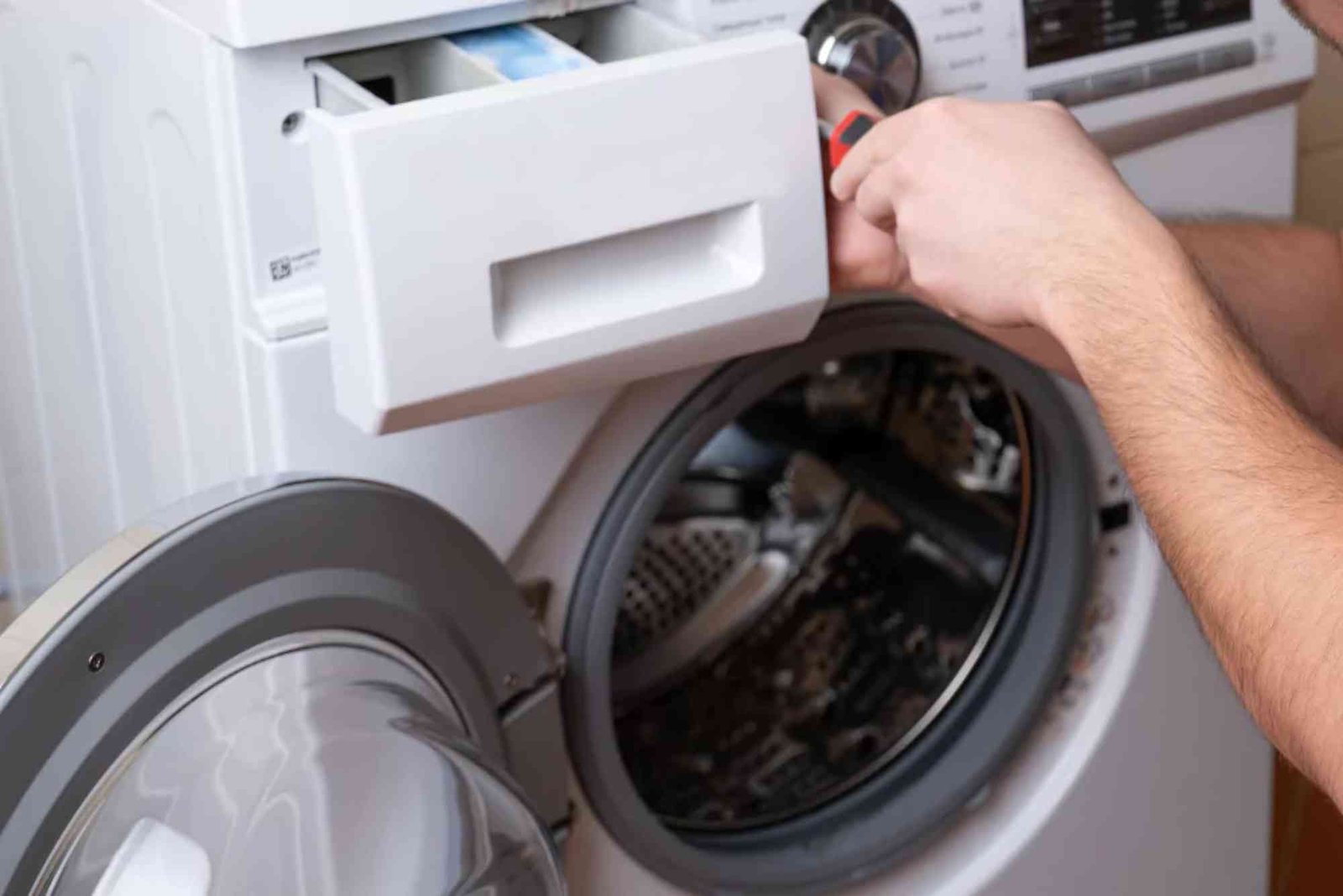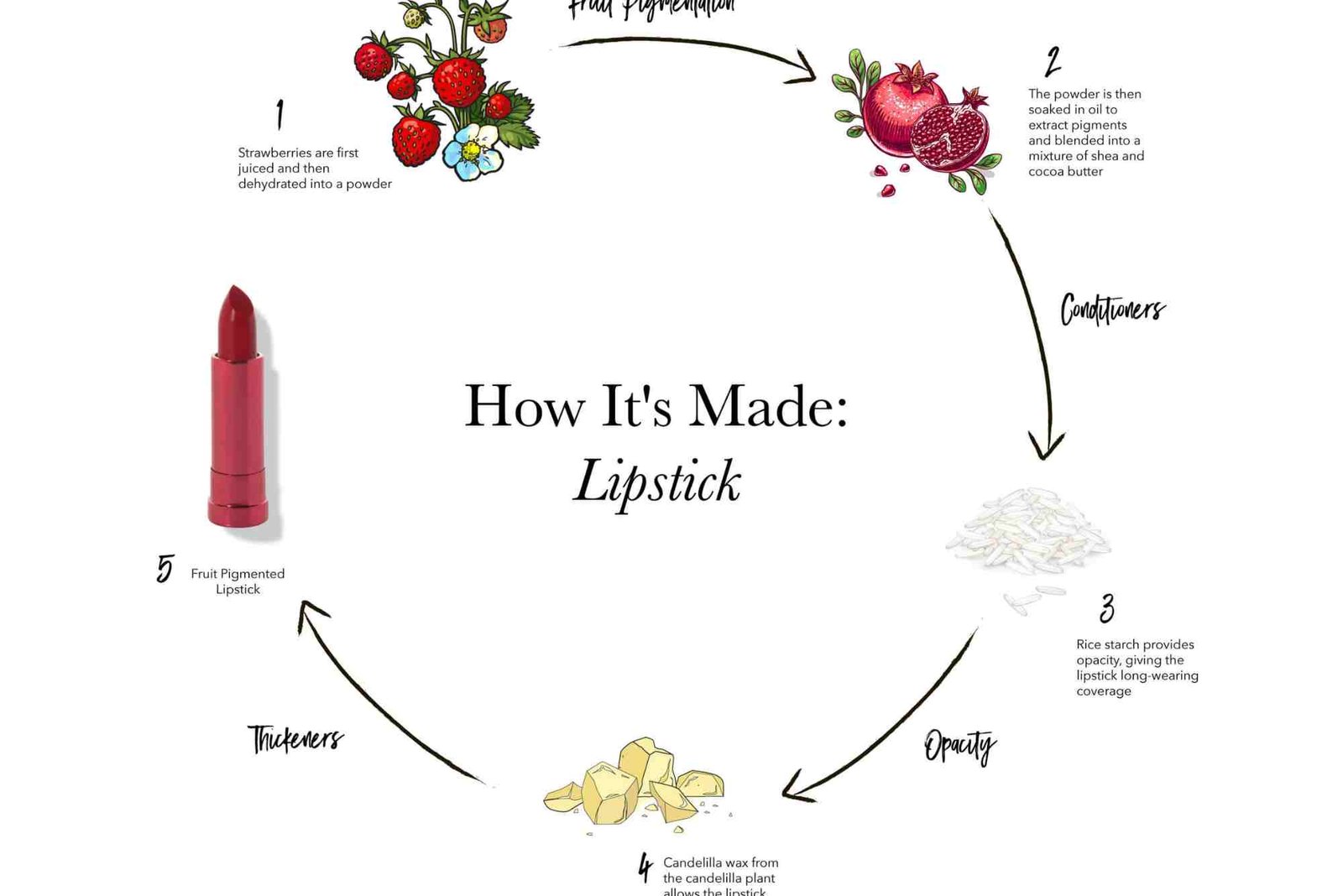Introduction
Finding the right dentist for your child can feel overwhelming. Many parents struggle to choose a dental professional who not only provides excellent care but also creates a comfortable and positive environment for their little ones. This is where child friendly dentists play a crucial role. They specialize in pediatric dental care and understand the unique needs of children. In this article, we will explore step by step why parents prefer child friendly dentists, how these professionals ensure a safe dental experience, and practical tips for making dental visits enjoyable for children.
Understanding the Importance of Child Friendly Dentistry
Children have very different dental needs compared to adults. Their teeth, gums, and oral development require specialized attention. A child friendly dentist is trained to handle these unique requirements with care and precision. The environment, approach, and communication methods are all tailored to minimize fear and anxiety. Parents often prefer this specialized approach because it ensures their child receives effective treatment while building positive dental habits early on.
Creating a Comfortable Environment
One of the main reasons why parents prefer child friendly dentists is the atmosphere of the clinic. Pediatric dental offices are designed to be welcoming and fun. Bright colors, playful decorations, and kid-friendly equipment can significantly reduce anxiety. Children are more likely to cooperate during dental procedures when they feel relaxed and safe. A friendly environment sets the stage for lifelong positive dental experiences.
Personalized Communication Techniques
Child friendly dentists use language and explanations suited to the child’s age. They often use visual aids, storytelling, and playful demonstrations to explain procedures. This approach helps children understand what is happening without fear. Parents appreciate this method because it reduces stress for both the child and themselves. A dentist who communicates effectively with children encourages cooperation and makes routine dental care less intimidating.
Focus on Preventive Care
Preventive care is a cornerstone of child friendly dentistry. Regular check-ups, cleanings, and guidance on brushing and flossing are emphasized. Pediatric dentists also provide dietary advice and fluoride treatments to strengthen teeth. Parents value this proactive approach because it helps prevent cavities and other dental issues before they become serious problems. Step by step, preventive care instills healthy habits that children carry into adulthood.
Benefits of Choosing a Child Friendly Dentist
Parents who choose a child friendly dentist notice significant benefits. These benefits extend beyond dental health and impact a child’s overall confidence and comfort with medical professionals.
Reducing Anxiety and Fear
Dental anxiety is common among children. By providing a friendly, supportive, and non-threatening environment, child friendly dentists reduce fear. Techniques like gentle explanations, positive reinforcement, and distraction methods make visits less stressful. Parents prefer this approach because it reduces tears, tantrums, and negative associations with dental care.
Promoting Long-Term Oral Health
Children who feel comfortable with their dentist are more likely to attend regular check-ups. This consistent care prevents cavities, gum disease, and other oral health issues. Parents understand that early positive experiences influence lifelong dental habits. A step-by-step routine guided by a child friendly dentist encourages children to brush, floss, and take care of their teeth consistently.
Encouraging Cooperation
A cooperative child is easier to treat, allowing the dentist to perform procedures more efficiently and accurately. Pediatric dentists build trust and rapport with children, making procedures smoother. Parents see this as a major advantage because it reduces stress for the whole family and ensures effective dental care.
Tailored Treatment Plans
Child friendly dentists develop individualized treatment plans based on the child’s age, development, and oral health. This personalized approach ensures that interventions are appropriate and effective. Parents appreciate this level of attention because it addresses their child’s specific needs rather than offering generic care.
Practical Tips for Parents
Choosing the right child friendly dentist requires careful consideration. Here are step-by-step tips that help parents make informed decisions and prepare their children for dental visits.
Research and Recommendations
Start by researching local pediatric dentists and reading reviews. Ask for recommendations from friends, family, or other parents. Understanding other parents’ experiences can help you identify professionals who are truly child friendly. For additional guidance, you can explore Why Parents Prefer Tips.
Visit the Clinic in Advance
Before your child’s first appointment, consider visiting the clinic together. Allow your child to see the office, meet the staff, and explore the environment. Familiarity reduces fear and helps the child feel comfortable on the actual visit.
Discuss Concerns with the Dentist
Share any concerns or special needs your child may have with the dentist. Pediatric dentists are trained to handle anxiety, sensory sensitivities, or behavioral challenges. Open communication ensures that the dentist can plan a visit that accommodates your child’s needs.
Prepare Your Child at Home
Talk to your child about the dental visit in a positive way. Explain what will happen using age-appropriate language. Role-playing with a toothbrush or toy dentist kit can also help. Parents who prepare their children in advance notice smoother appointments.
Encourage Regular Dental Habits
Reinforce oral hygiene at home. Brushing twice a day, flossing, and avoiding sugary snacks are key. A child friendly dentist will support these Related article on buddydesigning.com habits and provide guidance tailored to your child’s needs. Consistent routines make dental visits easier and more effective.
Reward Positive Behavior
Positive reinforcement encourages cooperation. Praise your child for brave behavior or completing a cleaning session. Small rewards or stickers Parents Prefer Child Friendly can make the experience enjoyable and motivate children to take care of their teeth. For additional guidance, parents can refer to Why Parents Prefer Child Guide.
Choosing a child friendly dentist is a step-by-step process that greatly benefits both children and parents. By creating a comfortable environment, using effective communication, emphasizing preventive care, and personalizing treatment, pediatric dentists make dental visits a positive experience. Parents who invest time in finding the right dentist help their children develop lifelong oral health habits while reducing stress and anxiety.
FAQs
How often should my child visit a dentist?
Children should visit a dentist every six months for check-ups and cleanings. Pediatric dentists may recommend more frequent visits if specific dental issues are present. Regular appointments prevent problems from escalating.
At what age should my child first see a dentist?
The American Academy of Pediatric Dentistry recommends the first dental visit by the age of one or when the first tooth appears. Early visits help parents establish preventive care routines and address concerns early.
What if my child is afraid of the dentist?
Child friendly dentists use gentle techniques, distraction methods, and positive reinforcement to ease fear. Parents can also prepare children at home with role-playing and positive language.
Are pediatric dentists more expensive?
Costs vary depending on the clinic and treatment. While pediatric dentists may charge slightly more due to specialized training, many parents find the investment worthwhile for a stress-free, positive experience. Insurance often covers preventive visits and some treatments.
Can a pediatric dentist handle emergencies?
Yes, child friendly dentists are trained to manage dental emergencies for children. From chipped teeth to sudden pain, they provide prompt care in a child-appropriate manner.















